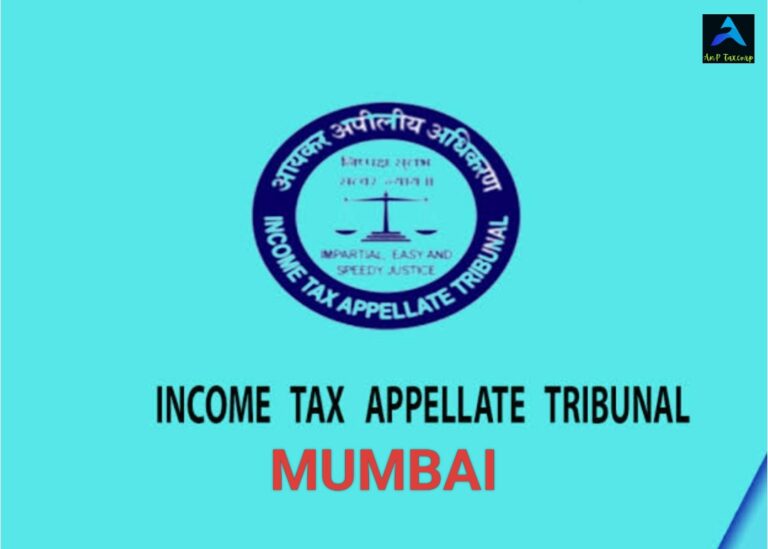The Income Tax Appellate Tribunal (ITAT), Mumbai, in the case of Kavita Manoj Damani vs. AO, held that the exemption under Section 54 of the Income‑tax Act applies even when long-term capital gains are re-invested in property purchased from a relative, provided all statutory conditions are met
Case Summary:
Case Number: ITA No. 2648/MUM/2024
- Kavita Damani sold a jointly owned property in Powai (partly gifted by her husband) and earned a long-term capital gain of ₹4.21 crore in 2020.
- To claim Section 54 exemption, she bought another flat from her husband for ₹3.85 crore, including stamp duty, and claimed an exemption on ₹3.96 crore.
- The Assessing Officer (AO) denied the exemption, viewing the transaction as a mere transfer of capital gains to her spouse [Image]. The CIT Appeals upheld the AO’s stance.
- However, the ITAT Mumbai ruled in Kavita’s favor, recognizing the transaction as genuine because she:
- Paid via bank
- Executed a registered deed
- Reinvested gains within the stipulated 2 years
- Deducted TDS (Tax Deducted at Source)
- The court emphasized that the relationship between the buyer and seller is irrelevant for Section 54 exemption as long as the transaction is authentic [Image].
Benefits of Section 54 Exemption in Transactions Between Relatives:
- Reinvestment for Tax Savings: It allows individuals to save on LTCG tax by reinvesting the gains from selling a residential property into another, even if the purchase is from a relative, provided the transaction is genuine.
- Stamp Duty Inclusion: The stamp duty paid on the new property counts towards the investment amount for claiming the Section 54 exemption.
- Convenience and Control: Such transactions can be convenient as the property and its control remain within the family.
- Potential for Lower Capital Gains: Relatives can transact at the circle rate (government-fixed value), potentially lowering the seller’s capital gains tax if the market value is higher.
- Transfer of Tax Liability: While the seller enjoys the exemption on capital gains, the buyer (relative) assumes the liability for stamp duty and potential future capital gains tax upon their subsequent sale.
Key Conditions for Section 54 Exemption:
- The asset sold must be a long-term capital asset (held for over 24 months) and a residential house.
- The gains must be reinvested in purchasing a new residential house within one year before or two years after the sale, or constructing one within three years from the sale date.
- The new residential property must be located in India.
- From April 1, 2023 (AY 2024-25), the maximum exemption allowed under Section 54 is capped at ₹10 crore.
